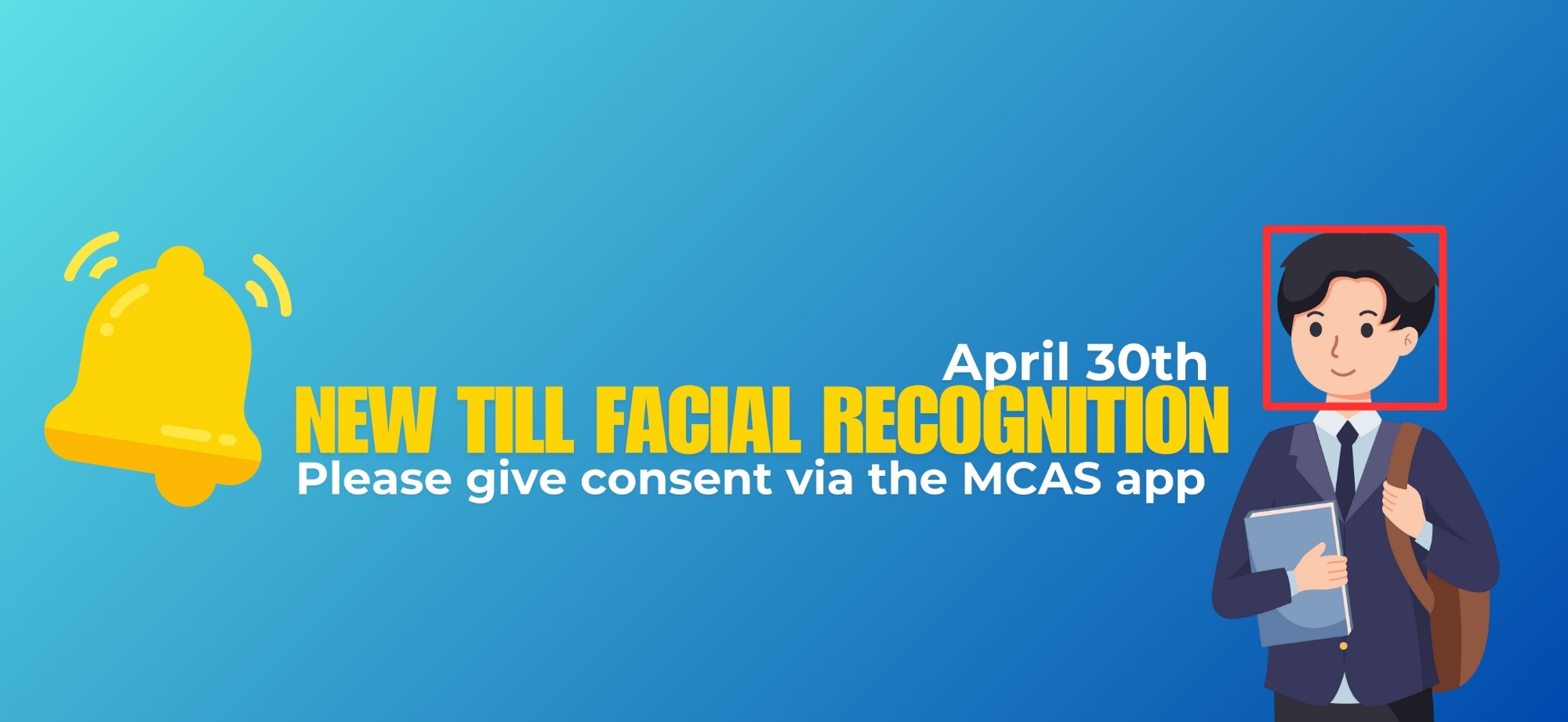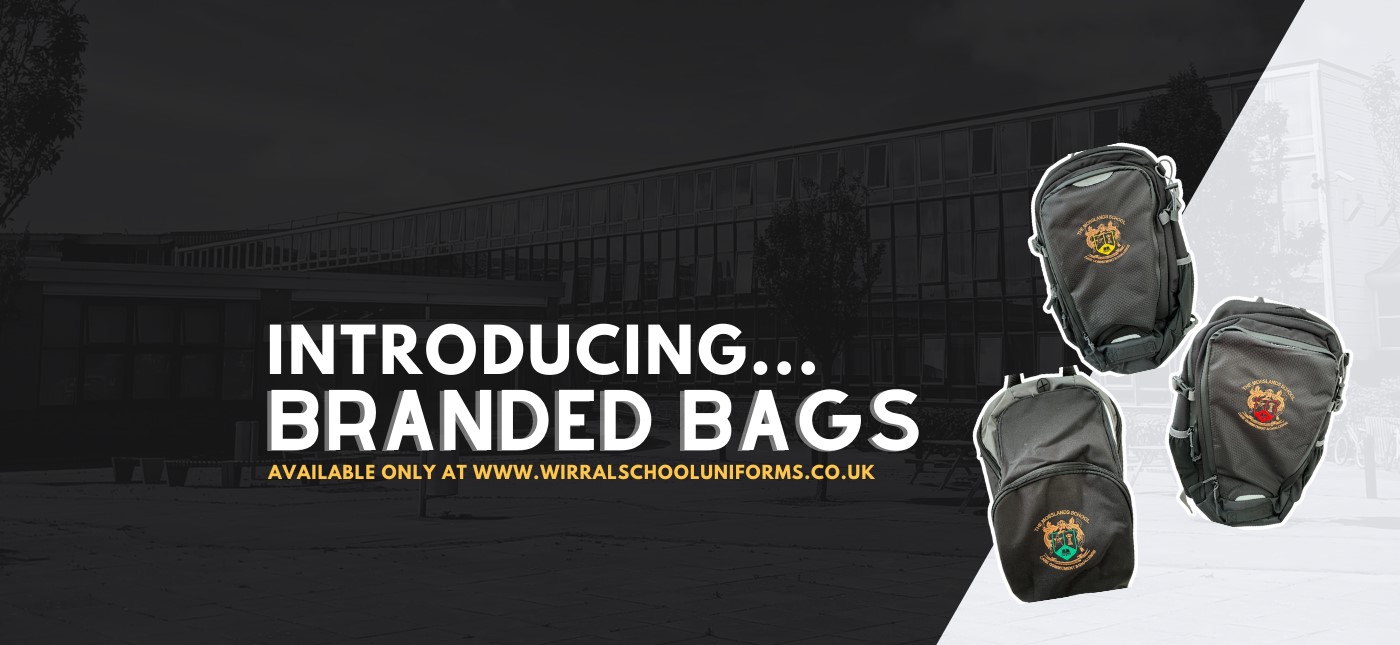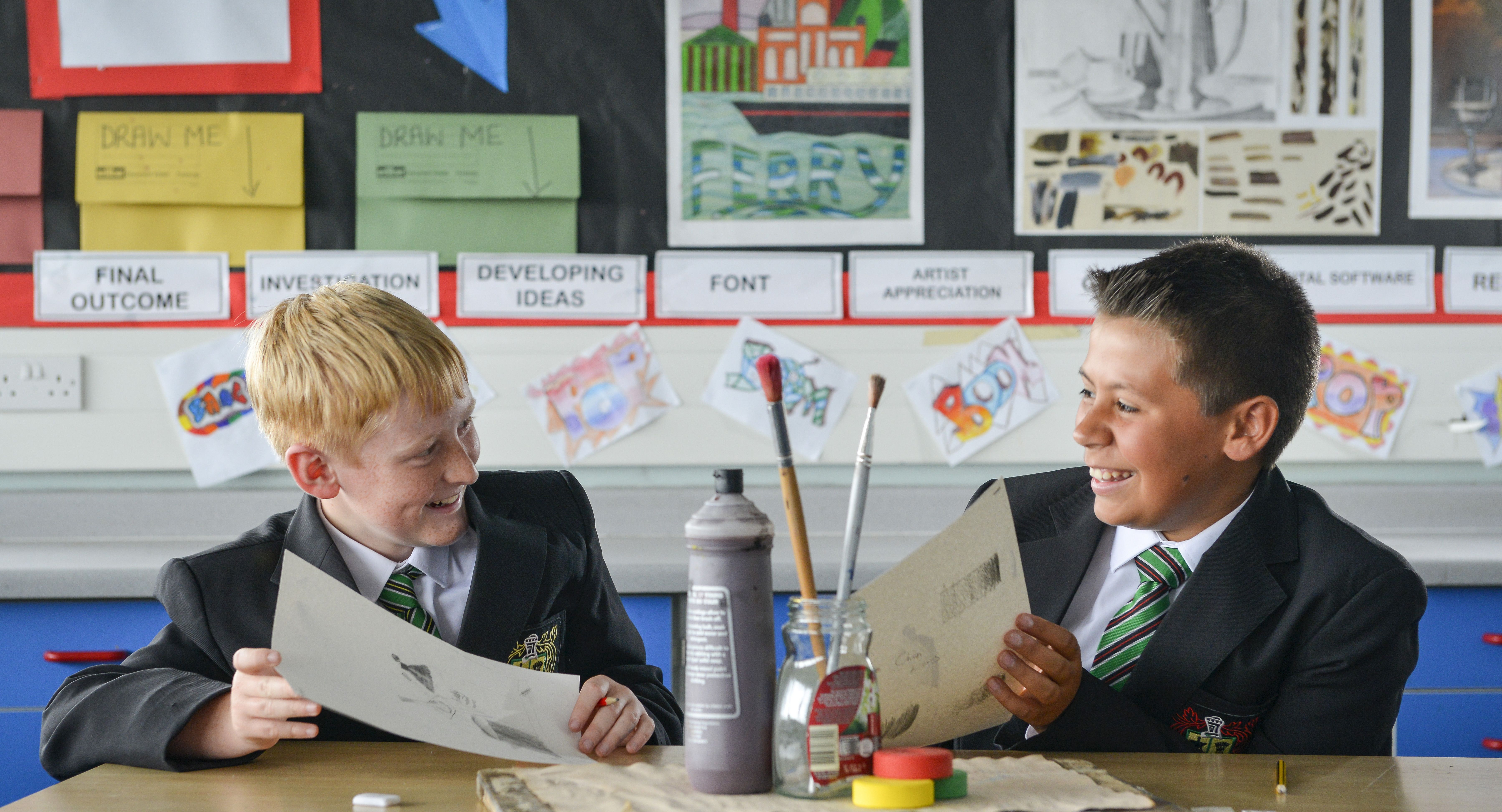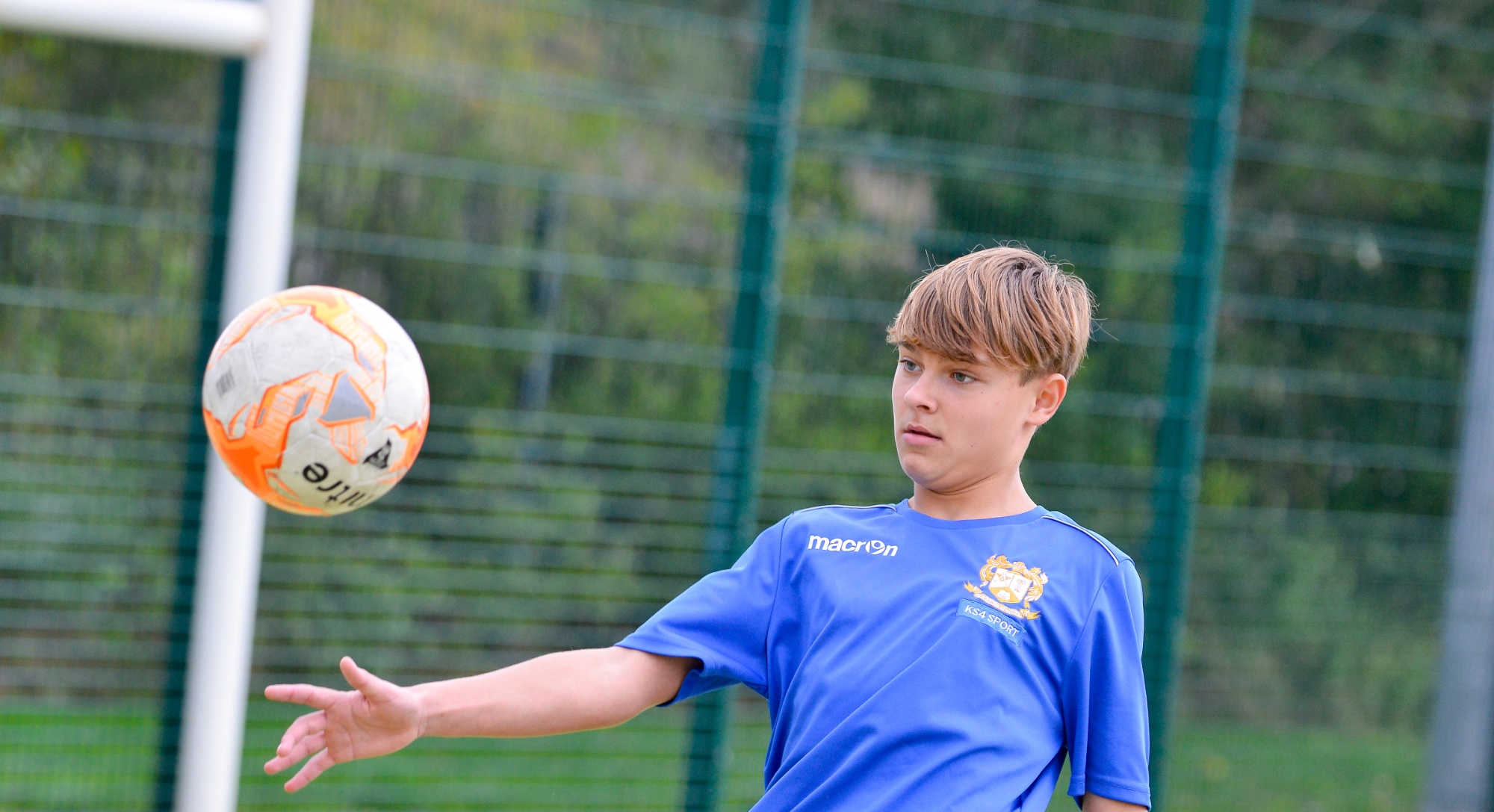PSHE/RSE Curriculum
The Mosslands School
Department of Personal, Social, Health & Economic Education/Relationships and Sex Education
Here at The Mosslands School our intention is that, when students leave our school, they do so with the knowledge, understanding and emotions to be able to play an active and positive role in today's society. Our aim is to provide pupils with a knowledge of their world, locally, nationally and globally, and give them confidence to tackle many of the moral, social and cultural issues that are part of growing up within this. Our PSHE curriculum equips children with relevant and meaningful content, which is supported through a strong emphasis on emotional literacy, building resilience and nurturing mental and physical health. Our topics and lessons are encompassed within our school wide core 'TRACK' values: Teamwork, Respect, Ambition, Community and Knowledge.
We really appreciate your feedback on our PSHE/RSE curriculum; if you wish to contact us regarding the content of the topics please email annerycroft@mosslands.wirral.sch.uk
British Values – Statement of Intent
Within the PSHE and RSE curriculum we address British Values in a spiral model with content being examined with cultural sensitivity in an age appropriate manner linking to other issues studied.
The Key Stage 3 and 4 curriculum links (below) highlight where values are explicitly taught within the PSHE/RSE programme. Other subject areas and activities in school have explicit elements of British values reflected in the provision.
To understand the importance of ‘British values’ in establishing community cohesion
Key questions raised are:
● What are ‘British values’?
● How are ‘British values’ demonstrated by; individuals / leaders / the community?
● Why might some people reject the concept of ‘British values’?
● How might some people misuse the concept of ‘British values’ to manipulate or persuade others?
● Should we promote ‘British values’ in our community? How could this be achieved?
Through the curriculum students will be able to:
● explain the terms democracy, tolerance, and community cohesion;
● suggest examples of how ‘British values’ are practised in their community;
● evaluate the effect of ‘British values’ on themselves and their community;
● describe the value in feeling part of a strong community and the benefits of neighbourly behaviour;
● describe how actions contribute to a sense of community;
● identify the skills and character attributes that help people to successfully live and work together;
● evaluate the concept of ‘British values’, including how the term itself may be alienating or how some values may be unfamiliar for some people arriving in the UK;
● explore the impact of core values, recognising how they can unite or divide groups;
● explain why individuals may prioritise different values over others;
● suggest ways that they can promote ‘British values’.
● evaluate the advantages and disadvantages of living in a diverse society;
● explain how prejudice of all kinds can lead to discrimination;
● analyse their own feelings about people who are different from them;
● evaluate the ways in which we can challenge and prevent discrimination and offensive behaviour as a society;
● evaluate ways in which they might challenge discrimination and offensive behaviour as individuals;
● understand how members of the same family and the same community can hold conflicting values;
● analyse different ways in which individuals and communities might respond to this;
● assess and debate moral issues effectively, assertively expressing disagreement;
● demonstrate methods for managing conflicting views with those they care about.
To explore feelings about diversity, discrimination and conflicting values and to develop strategies for challenging all forms of offensive behaviour.
Key questions raised are:
● What does it mean to live in a diverse society?
● What are the advantages and disadvantages of this?
● How does prejudice lead to discrimination?
● How can we prevent discrimination and offensive behaviour in our society?
● Why might people hold conflicting values (even if they are from the same family / community)?
● How might people respond to holding different values from those close to them?
● How can we manage conflict about our values?
Through the curriculum students will be able to:
● evaluate the advantages and disadvantages of living in a diverse society;
● explain how prejudice of all kinds can lead to discrimination;
● analyse their own feelings about people who are different from them;
● evaluate the ways in which we can challenge and prevent discrimination and offensive behaviour as a society;
● evaluate ways in which they might challenge discrimination and offensive behaviour as individuals;
● understand how members of the same family and the same community can hold conflicting values;
● analyse different ways in which individuals and communities might respond to this;
● assess and debate moral issues effectively, assertively expressing disagreement;
● demonstrate methods for managing conflicting views with those they care about.
To understand the nature of extremism.
Key questions raised are:
● What is extremism / radicalisation?
● What types of extremist groups exist?
● Why might someone want to join an extremist group?
● What are the risks for someone who becomes involved with extremism?
● What are the effects of extremism on the community?
● What techniques do extremist groups use to recruit new members?
● How do extremist groups operate online?
● How can someone resist radicalisation techniques?
● What should someone do if they are concerned about themselves or a friend?
Through the curriculum students will be able to:
● define the terms extremism and radicalisation;
● challenge assumptions about extremism;
● understand that there are a range of extremist groups from different walks of life;
● suggest reasons why (young) people may join extremist groups;
● explain the risks for an individual of being associated with an extremist group;
● explain the threat to the community posed by extremist groups;
● recognise how extremist groups operate on social media;
● understand the techniques used by extremist groups to manipulate and persuade;
● describe and demonstrate ways to resist these techniques;
● explain what someone could do if they were worried about themselves or a friend.
In Years 7, 8 and 9 you will have 1 lesson per week.
In Years 10 and 11 you will have one lesson per week for PSHE, and a 1 lesson per week for Careers/Employability Skills.
Working with partner agencies we have many activities to support students including:
- Kooth
- Diversity Role Models
- Anthony Nolan Assembly
- Brook Bitesize
- Domestic Violence Performance & Workshops
- Road Safety Workshops
- Anti-Bullying Workshops
- Wirral NHS Mental Health Workshops
- Open Door Mental Health Workshops
- NCS presentations and enrolments
- Year 7 Camp
- Alcohol Awareness
- Terriers Gun and Gang Crime Awareness
- Bikeability












